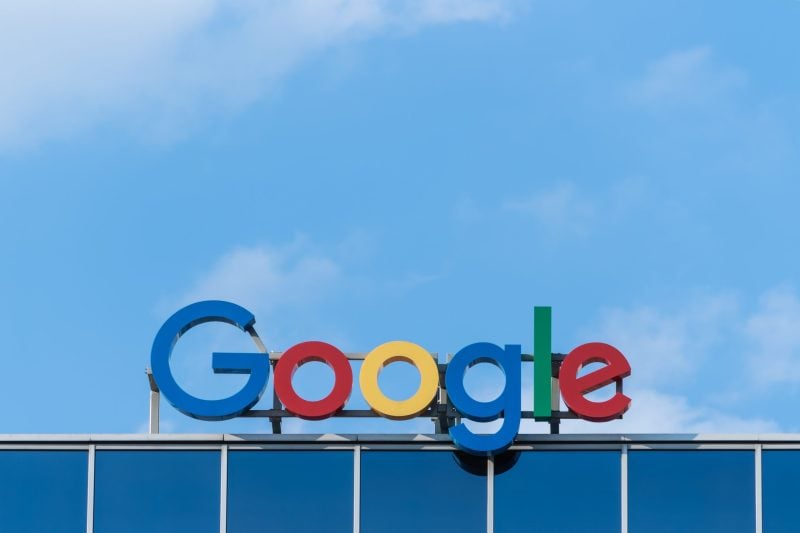The November election is fast approaching. One of the most important decisions Californian voters have will not be concerning who gets voted into office. Instead, it will be a vote on a ballot proposition concerning the future of privacy in the digital era. Proposition 24 is a monumental leap forward in securing desperately needed privacy regulations on tech and data firms that ultimately places power back in the hands of consumers — and the people.
Proposition 24 is a ballot measure that will build upon the pioneering work of the California Consumer Privacy Act by giving consumers greater control over their personal data and information. The following are among the many improvements to the CCPA that are introduced by Prop. 24: the right to correct your data, personal data minimization (preventing companies from collecting large amounts of unnecessary personal information), personal right to opt-out of precise geo-location targeting and more. They are a particularly promising set of improvements for those who identify as having minority status, as Proposition 24 grants greater control over the sensitive identifying information that exists on all of us in the digital sphere.
Notably, if implemented the proposition creates a state agency. The agency would be an offspring of the California Department of Justice and would be charged with oversight of state business and department compliance with privacy laws. It does not take away authority from the legislature, which rightly should continue having the power to implement privacy legislation. Rather, it utilizes the power of the people through the ballot measure process to ensure all businesses in California remain compliant with the shifting privacy landscape. The current regulatory environment makes it difficult for businesses — especially non-Big-Tech giants — to understand the complex legal landscape. The new state agency will bring power to small businesses and ensure that smaller firms can compete more effectively with the Big Tech monopolies, which have teams of lawyers to interpret the evolving landscape of privacy laws.
This ballot measure will bring the greatest benefit to the children of California, who are exceptionally vulnerable to privacy violations by tech firms. The measure increases the fines for illegal use of children’s data three-fold, ensuring that tech and data platforms are upholding the highest standards of privacy and efficacy in dealing with children’s data. For a generation that has grown up in the digital age, spending most of their lives online, it is vital that Proposition 24 is passed to ensure all children are protected from exploitative practices and that they have the right to self-determination in the digital age. Children deserve it.
Big Tech platforms like Google, Facebook and Twitter effectively own a monopoly over the tech industry by engaging in freedom-destroying practices under the guise of capitalism, called “surveillance capitalism.” Their goal is not humanitarian in nature; rather, they seek to standardize and increase the efficiency of human behavior. They exploit our personal information and right to self-determination by placing bets on behavioral future markets — bets that profit by predicting what you and I might do in the future given our past behavior on platforms. Proposition 24 is a safeguard against these exploitative practices and ultimately means greater freedom for all Californians.
Big Tech platforms now pose an existential threat to our cherished rights in the digital age. California has the chance to lead the country in Big Tech regulation and technology policy through the passage of the measure. Proposition 24 takes power away from Big Tech firms, which dominate so many aspects of our lives, and places power where it rightfully belongs: in the hands of the people and consumers.
For privacy, for children and for freedom, the Student Privacy Committee pleads to all eligible Californian voters: Vote yes on Proposition 24. It is the first step forward in what will be a long-term fight for greater privacy and power in the digital age. Let’s win this fight, together.
Chaze Vinci Executive Director of the Student Privacy Committee. If you would like to contribute to the work of the committee and help advance privacy in the digital age, contact Chaze Vinci at [email protected].
Contact Chaze Vinci at cvinci ‘at’ stanford.edu.
The Daily is committed to publishing a diversity of op-eds and letters to the editor. We’d love to hear your thoughts. Email letters to the editor to eic ‘at’ stanforddaily.com and op-ed submissions to opinions ‘at’ stanforddaily.com.
